Baby birds are hatching and wildlife groups are reminding people to take a cautious approach if you happen to come across a tiny, stray, feathered friend.
The BC SPCA and its Wild Animal Rehabilitation Centre in Metchosin are highlighting ways you can keep chicks safe this spring, as nesting season is in full effect from March to July.
Sometimes the best thing is to not interfere.
“While we may have the best of intentions, lending a hand could actually cause more trouble for baby birds in some cases,” says Meghann Cant, BC SPCA animal welfare educator on the organization’s website.
“Knowing what to look for when you see a baby bird is key to decide whether or not you need to intervene. Is the baby a nestling or a fledgling? The answer to that question can determine what you do next.”
Nestlings have a distinct appearance, looking a little bald here and there with incomplete feathering. If you see a featherless nestling on the ground, and notice a nearby nest, you could try to return it.
“If you can reach, return the young one back home. Rest assured, your scent won’t cause the baby to be rejected. If the nest has also fallen to the ground and you are unable to secure it back in its original position, call your local wildlife rehabilitation centre for guidance,” says the BC SPCA website.
Fledglings will be almost entirely feathered and starting to take leaps towards independence – learning to fly. The SPCA says it’s important to know for sure whether or not the little birds actually require assistance.
“Fledglings are often clumsy and can appear to be hurt when they’re really just practicing their flying skills,” says Cant. “When they are first out of the nest, the parents still keep track of them and feed them for several days. So, unless they are in immediate danger from predation or traffic, it’s best to leave them alone.”
Baby birds are vulnerable, particularly in the fledgling stage, so the BC SPCA encourages people to keep cats indoors and dogs on-leash near nest areas. As well, they say never try to raise a baby bird.
“You should never try to give food or water to a baby bird. In fact, it is against the law in B.C. to keep any indigenous wildlife without a permit,” Cant says. “If you ever have any doubts about a bird’s safety, the best move is to contact your nearest wildlife rehabilitation centre for advice.”
For more information on protecting wildlife, visit spca.bc.ca.
For more news from Vancouver Island and beyond delivered daily into your inbox, please click here.
Plan your adventures throughout the West Coast at westcoasttraveller.com and follow us on Facebook and Instagram @thewestcoasttraveller. And for the top West Coast Travel stories of the week delivered right to your inbox, sign up for our weekly Armchair Traveller newsletter!

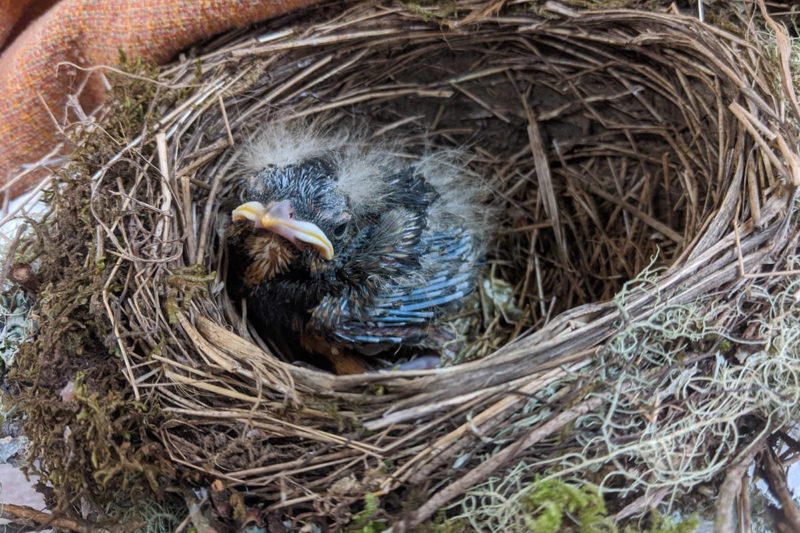
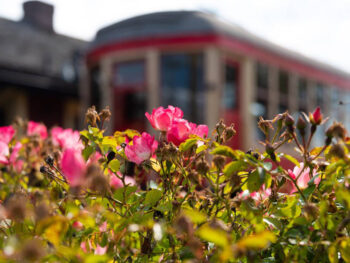

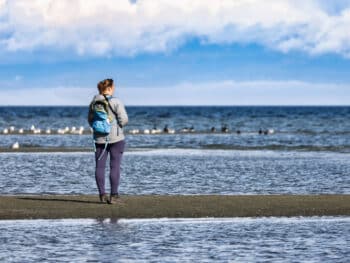


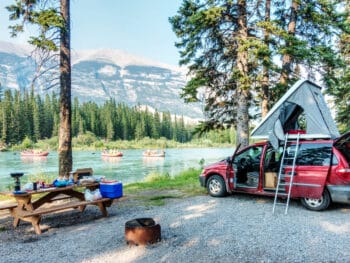

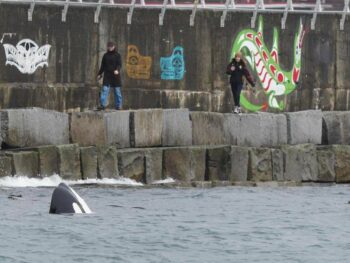

 Chilliwack tulip festival brings colourful salute to spring
Chilliwack tulip festival brings colourful salute to spring